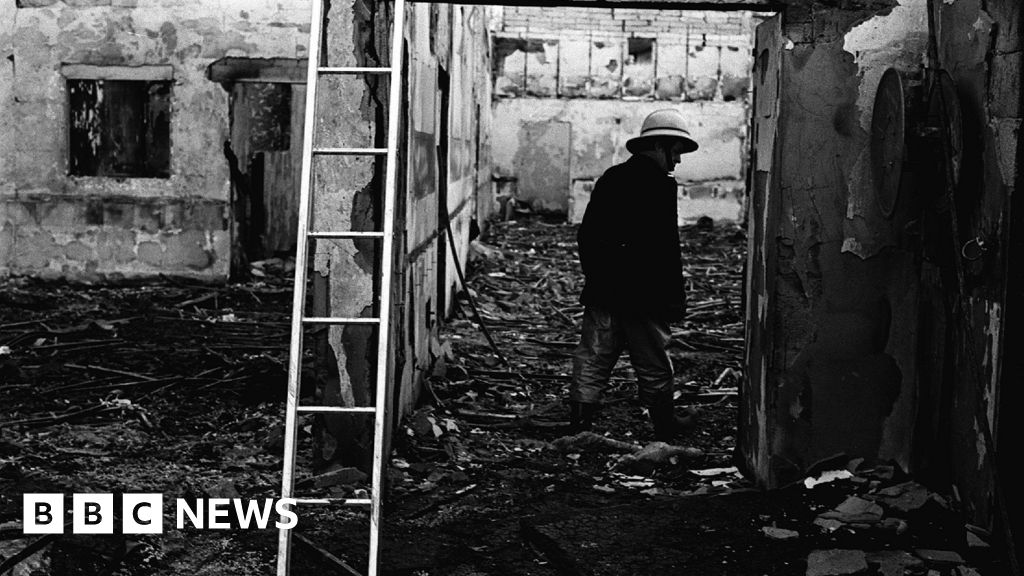
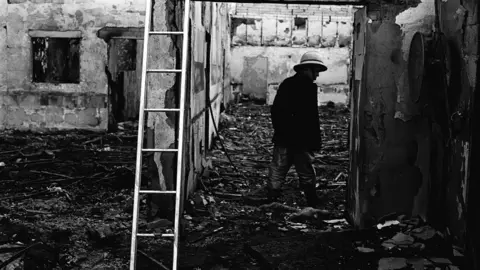 Pacemaker
PacemakerThe Police Ombudsman for Northern Ireland (PONI) is to publish a report later on the IRA firebomb attack on the La Mon Hotel, outside Belfast, which killed 12 people.
The attack on 17 February 1978 at the County Down venue is considered one of the most horrific attacks of the Troubles.
A bomb, placed outside a window, was attached to cans of petrol mixed with sugar, sending a huge fireball into the hotel, where 400 people were attending a dance.
The watchdog’s report is likely to be critical of aspects of the original investigation.
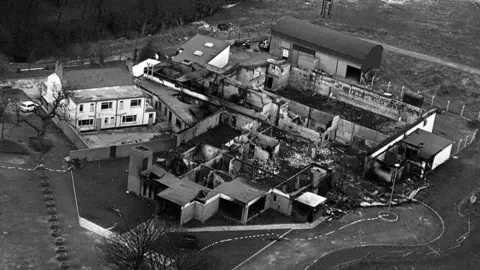 Pacemaker
PacemakerThose murdered, all Protestants, included three married couples.
More than 30 people were injured.
They were attending an Irish Collie Club event.
The PONI report follows an examination of a complaint made about the initial investigation by the Royal Ulster Constabulary (RUC).
It was submitted by Ulster Human Rights Watch (UHRW) and included statements from some of the bereaved families and survivors.
UHRW has pointed out that a 2012 review of the case by the Historical Enquiries Team revealed police interview notes had gone missing.
It has questioned whether IRA members were protected because they were working as state agents at the time or later.
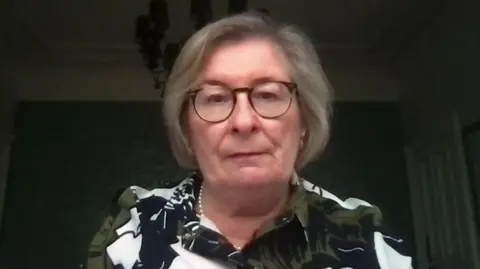
Andrea Nelson was 14 at the time her parents Paul and Dorothy were murdered at La Mon.
She said the atrocity was “needless” and that she and her sister Melanie have lived the last 46 years “with a big hole in our hearts”.
Speaking ahead of the report’s publication, she added: “It will be a difficult day.
“I want the fullest picture of what happened.
“Once we’ve had a chance to read and reflect on the report, I think we will be in a better place to understand is this now the final uncovering the stone?
“I want to feel I have done everything I could to reach justice for my mummy and daddy and bring closure, if that’s possible.”
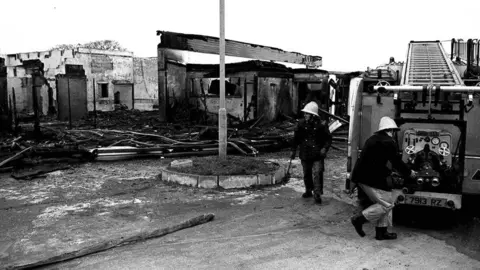 Pacemaker
PacemakerWest Belfast man Robert Murphy was sentenced to life imprisonment for manslaughter in 1981 and released in 1995.
But UHRW said others who were involved escaped justice, including those who planned it.
In a statement the day after the attack, the IRA admitted its nine-minute warning had been inadequate.




